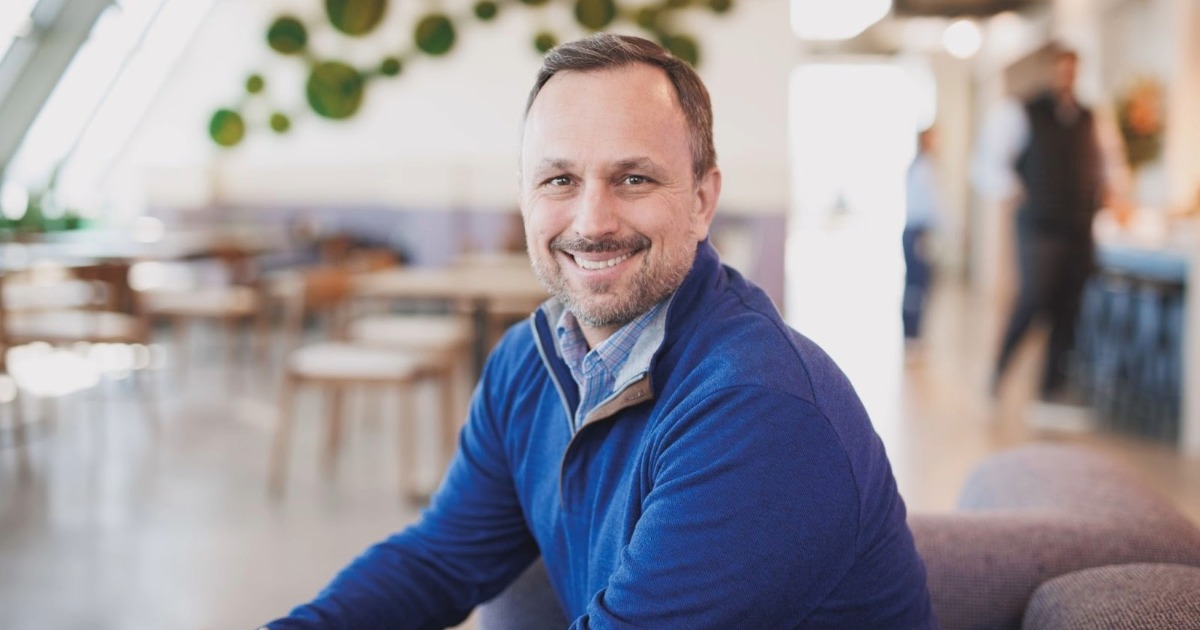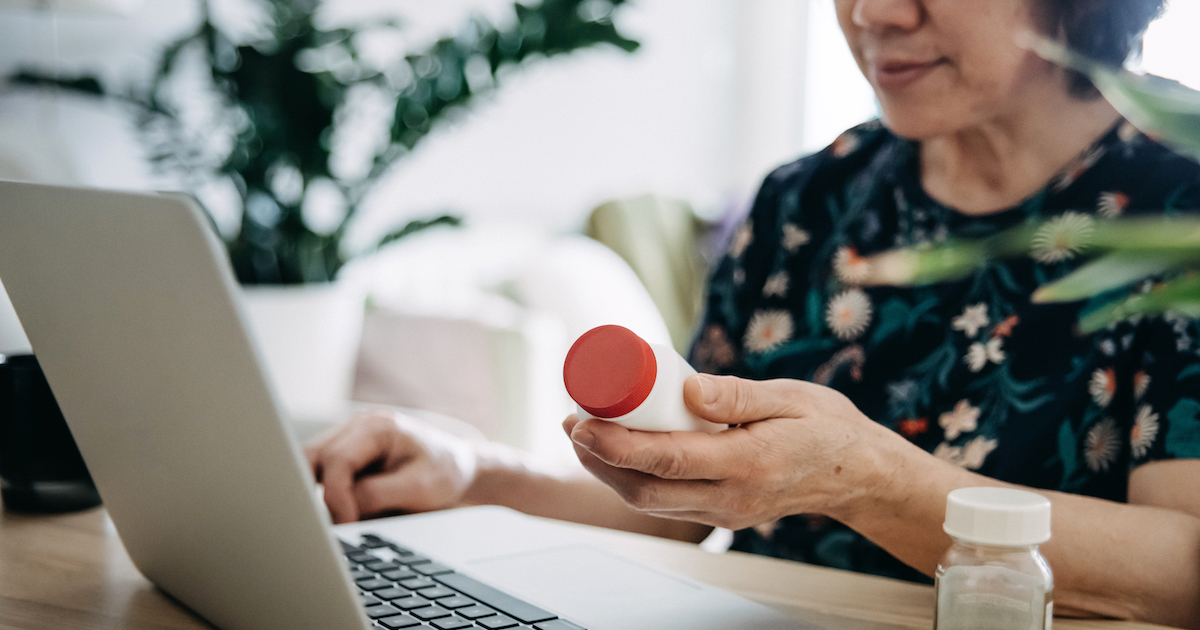 In Topol and Kish's formulation, individual health data will feed into big data breakthroughs.
In Topol and Kish's formulation, individual health data will feed into big data breakthroughs.
"Give me my damn data" has been a refrain among e-patients for many years. But what does it really mean to own data? That's a much larger question that Scripps Health Chief Academic Officer Dr. Eric Topol and Leonard Kish, Topol's co-founder at unpatient.org, have tackled the question in an op-ed recently published in Nature Biotech.
Patient ownership of data isn't just a catchphrase, they argue, but a philosophical, technological, and sociological necessity that can be attained with the technology and social structures we have now.
"Let's not underestimate the economic value of ownership," they write. "For traditional (nondigital) forms of property, clear ownership enabled by networks of trust has been argued to be the greatest difference between first world and developing world economies. Property drives the flow of commerce. Transactions become trusted when ownership is clear and networks are created to link seekers and sellers of assets, leading to a greater number of transactions and greater transparency ... To create a health data economy, we need to provide the same trust and increased flow."
The two suggest that a system by which people can really own -- and therefore really share -- their data will have benefits not just to the individual but society. People will be able to eke additional value out of their health data, just like Airbnb or Uber allows people to eke additional value out of the homes or cars they already own.
"What we have now is like trying to create an Uber without knowing who owns the cars or an Airbnb without an owner of the homes," Topol and Kish write. "It's common to hear how our health system should be 'patient-centered', but without clear rights around how it can be used, shared and leveraged by the individual, it cannot reach its full potential. To build a truly thriving health data economy, we need to harness the power of data ownership."
The paper is not just an ideological manifesto: Topol and Kish have a plan. They argue that the technological infrastructure for health data ownership already exists; it's largely similar to the infrastructure required for a secure virtual currency like BitCoin. In both cases, a data commodity needs to be kept safe and have a single, unambiguous owner, but also has to have the potential for easy sharing.
"Once the infrastructure is built with clients and nodes for such a data network, transferring secure health data could be as easy as sending an email is today," they write. "When an individual wants to receive an element of their record, the data sender sends it to the individual's public address or public key (which could be displayed as a QR code on a smartphone). It would then be signed by the sender's private key and could be opened only with the individual's private key."
Topol and Kish's plan will require a lot of buy-in from a lot of major stakeholders, many of whom doubtless believe they can profit more from hoarding the data for themselves. Topol and Kish argue that the shared benefits of a new data economy outweigh that individual benefit, though that argument could be a hard sell.
"A global resource for hosting and sharing personal health data would have compelling benefits not only for medical research and treatment but also for current data hoarders if they choose to adapt," the authors write. "Imagine if there were minimal storage fees and data management fees, but individual records were a part of the universal store. Costs for each participant would be minimized greatly, whereas each element of data ... would become more valuable, and many interoperability problems would no longer belong to the provider and their vendor. Without supporting and contributing, current providers and vendors could become the taxi companies and hoteliers caught fighting for survival as new, more effective platforms begin to compete."


